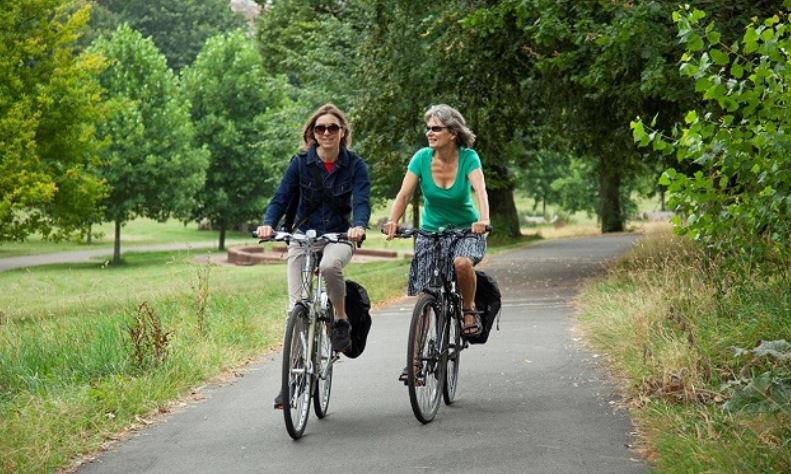To mark Clean Air Day (16 June), Bristol Mayor Marvin Rees, has announced a raft of free sustainable travel initiatives, including free bus tickets and e-bike trials.
As part of the scheme, people who live or work in the city can trial different travel options to see if they could make permanent changes to greener travel, ahead of the city’s Clean Air Zone launching later this year.
Mayor Rees said:

Clean Air Day is a national day of action to raise awareness of the dangers of air pollution and is also a chance for us to better understand what options there are to make positive changes to how we travel.
We know that for everyone it isn’t as simple as hopping on a bus, or using a bike, but small changes can make a big difference. Reducing the amount you use a car can not only have a positive impact on the air around you, but can also help people feel fitter and healthier.
During negotiations with Government, the council secured £5.9 million of support for people to switch to active travel: including bike and e-bike trials, cycle training, VOI e-Scooter credit, bus tickets, and planning sessions with travel experts to help people explore all their options for their regular journeys.
Mayor Rees added:
These travel offers are open to everyone that lives or works in Bristol and have the huge potential for positive behaviour change to benefit our health, environment and economy. The travel offers and the Clean Air Zone demonstrate our commitment to reduce harmful pollution by increasing sustainable transport use for more journeys in line with leading liveable cities around the world.
By walking, cycling and using public transport more, we can make our city a healthier place for everyone. Our free travel offers are a great way of trying different ways of travelling to see what works for you. Go to the council’s website to find out more and register.”
A recent report published by the European Public Health Alliance (EPHA) revealed air pollution costs the average UK resident £880 a year. The EPHA researchers quantified the monetary value of air pollution in 432 cities in all EU countries plus the UK, Norway and Switzerland. They examined the cost of premature death, medical treatment, lost working days and other health costs caused by exposure to air pollution.
A major source of air pollution in cities is road traffic, particularly diesel engines. Christina Gray, Director of Public Health for Bristol explained:
Most external air pollution comes from traffic. It affects everyone in Bristol, especially children, older people and those with heart, breathing and underlying health conditions.
We don’t have to wait for the Clean Air Zone to make small changes to improve the air we breathe. Walking and cycling, using public transport more and avoiding car use for short journeys is the best medicine for both physical and mental health as well as improving air quality.
